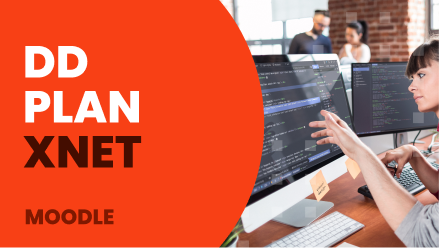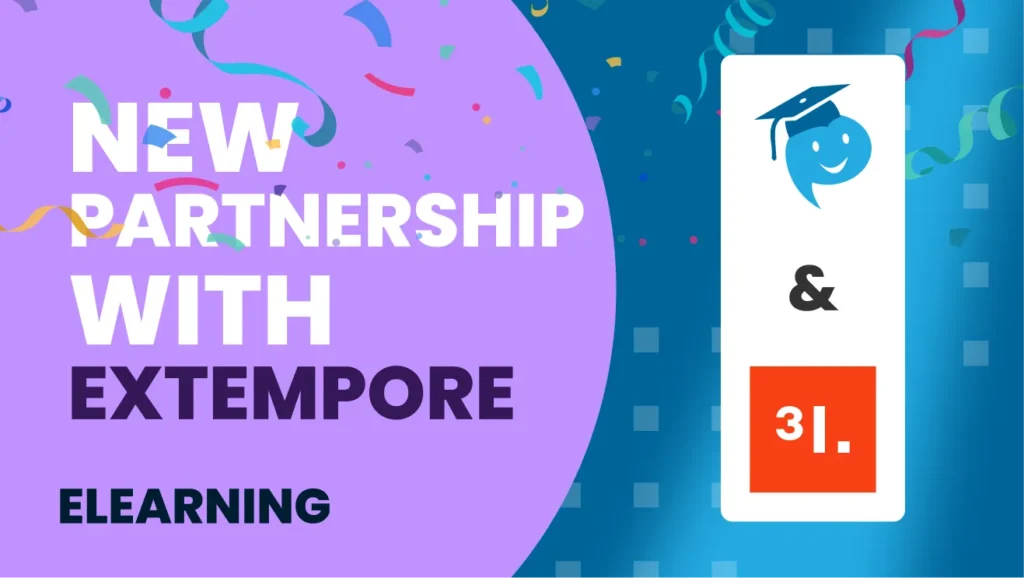Challenge
After the COVID-19 pandemic and the subsequent lockdown in March 2020, many schools had no choice but to adopt Google Classroom as a digital platform to solve the needs of distance education.
A group of families in Barcelona did not welcome authorizing their children to use Google or Microsoft tools, as they considered that these companies did not preserve the sovereignty of information and personal data, in addition to the risk that could entail captivating students as future clients of these companies at such young ages.
Finally, together with the group of digital activists Xnet, they presented a proposal to develop a pilot plan promoted with the financial support of the Barcelona City Council (Ajuntament de Barcelona) with the aim of promoting the democratic digitization of educational centers with open source tools.
This proposal was based on a package of solutions integrated into various platforms, among which were:
- Moodle: learning management tool
- NextCloud: file repository
- BigBlueButton or Jitsi: video conferencing systems
- WordPress: website and content management
- Etherpad: collaborative web editor
Solution
The architecture was based on agile developments and continuous integration and deployment. For this, we worked with Docker container technology and infrastructure as code. This allowed us to install this platform without having an advanced knowledge of the systems.
The most important challenge, from a technical point of view, was the integration of all these platforms, as it was essential for the user to have the feeling they were navigating in the same application by having to login just once using single sign-on credentials.
Thus, Keycloak was implemented as an identity and access permission manager. This application is responsible for user authentication and all the configuration across the different tools.
On the other hand, the most outstanding functional challenge was to simplify the use of the platforms and to adapt them to the users of the educational centers, such as the management team, teachers, coordinators, tutors or students.
For this purpose, 3ipunt developed a theme and several Moodle plugins to facilitate the navigation and management of classroom content. Our UX team captured all the requirements agreed between the project stakeholders in an interactive mockup, facilitating the development, validation and evolution.
This graphic theme is based on the navigation of the most important social networks, so that users, who increasingly use these products, do not have a complex learning curve, applying the Jakob Nielsen standardization principles.
Results
After the first phase of development, three educational centers offered to test a very advanced and functional pilot during the 2021-2022 academic year, while being able to validate with real users and real content all the functionalities we implemented, and in which it is expected to apply continuous evolutions.
The project was welcomed with great enthusiasm by the educational community, not only in Barcelona, but in the rest of Spain, so it is expected that this type of project will consolidate and help improve digital training and culture especially among the youngest ones.





